Home improvement projects are exciting—especially when they involve major upgrades like a new roof, replacement windows, updated siding, or brand-new gutters. These exterior improvements don’t just boost curb appeal and energy efficiency—they can also impact your homeowners insurance policy.
But here’s something many homeowners overlook:
📝 You should always notify your insurance company after completing major exterior upgrades.
It might seem like a small thing, but this simple update can protect your investment, ensure your policy is up to date, and even lower your insurance premiums.
Let’s break down why this matters and how it can benefit you.
🏠 Why You Should Tell Your Insurance Company About Exterior Upgrades
1. Protect Your Investment
Your insurance policy is based on the condition and value of your home. When you upgrade your roof, siding, windows, or gutters, you’re increasing the value of your property—and possibly improving its safety and durability, too.
Letting your insurance company know means those new features will be properly covered in case of future damage from storms, fire, or other events. You want your new roof to be protected, right?
2. You Might Qualify for a Discount
That’s right—certain home upgrades can make your home less risky to insure, and many insurance companies reward that with lower premiums.
For example:
✅ A new roof is less likely to leak or be damaged by wind or hail
✅ New siding can be more fire-resistant or weatherproof
✅ Modern windows can boost security and energy efficiency
✅ Upgraded gutters help prevent water damage and foundation issues
Why pay more for insurance when your improvements actually reduce the chance of a claim?
3. Avoid Coverage Gaps or Claim Denials
If your home’s features don’t match what’s listed in your policy, you might run into trouble when filing a claim. A mismatch could delay your claim—or worse, result in a denial.
Keeping your insurer informed keeps everyone on the same page. It’s an easy step that can make a big difference when you need it most.
4. Update Your Replacement Cost Coverage
Many policies include replacement cost coverage, which helps you replace damaged parts of your home with materials of similar kind and quality. If you’ve upgraded your siding, windows, or roofing materials, it’s essential that your policy reflects those changes. Otherwise, you might only be reimbursed for the older, less expensive materials.
🛠️ Which Projects Should You Report?
Here are a few exterior upgrades that are always worth reporting to your insurer:
-
✅ New roof installation (especially impact-resistant or metal roofing)
-
✅ Siding replacement or upgrades (vinyl, fiber cement, wood, etc.)
-
✅ Window replacement (energy-efficient or impact-resistant models)
-
✅ Gutter replacement or gutter guard installation
-
✅ Structural additions like porches or decks
📞 How to Report Your Home Upgrades
The good news? It’s usually simple!
Just call your insurance agent or log into your online account and let them know what work was done. They may ask for documentation, such as:
-
The contractor’s invoice or receipt
-
A summary of the work completed
-
Product information (e.g., type of roofing or windows)
-
Photos of the finished project
If you worked with Bella Construction, we can help by providing clear documentation and photos of the upgrades.
🧾 Bonus Tip: Keep All Home Improvement Records
Whether it’s for insurance purposes, resale value, or just general peace of mind, always save your home improvement paperwork. You never know when you’ll need it.
Let Bella Construction Help You Protect What Matters
When you trust us with your home exterior upgrades—whether it’s a new roofing system, energy-efficient windows, or low-maintenance siding—we do more than just install. We’ll walk you through every step, help you understand your warranty, and provide the documentation you need for your insurance provider.
✅ Licensed and insured
✅ Serving Western PA with care and craftsmanship
✅ Free estimates available
📞 Have questions about your upgrade or need paperwork for your insurer?
We’re here to help—just give us a call 724-515-5163 or message us anytime.

